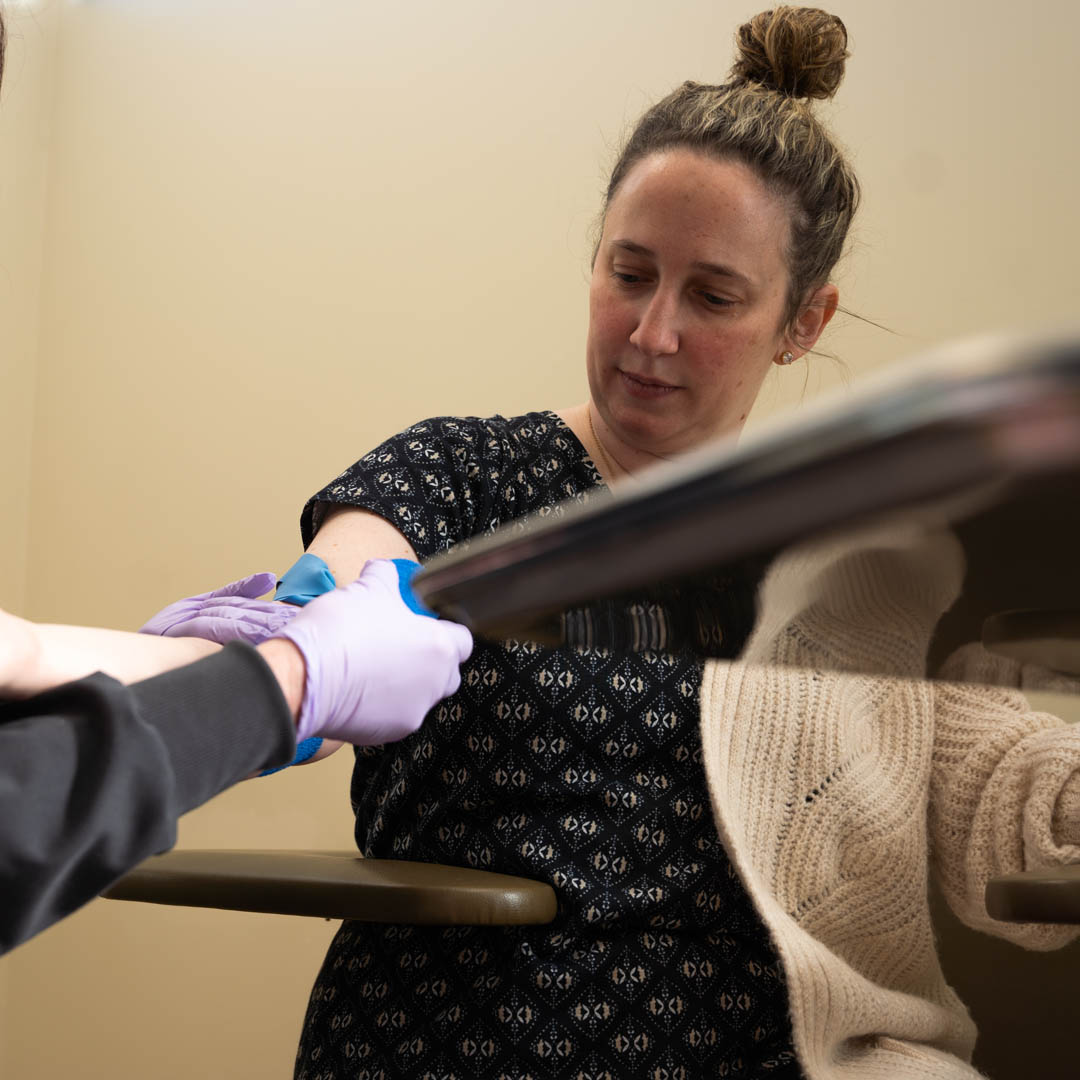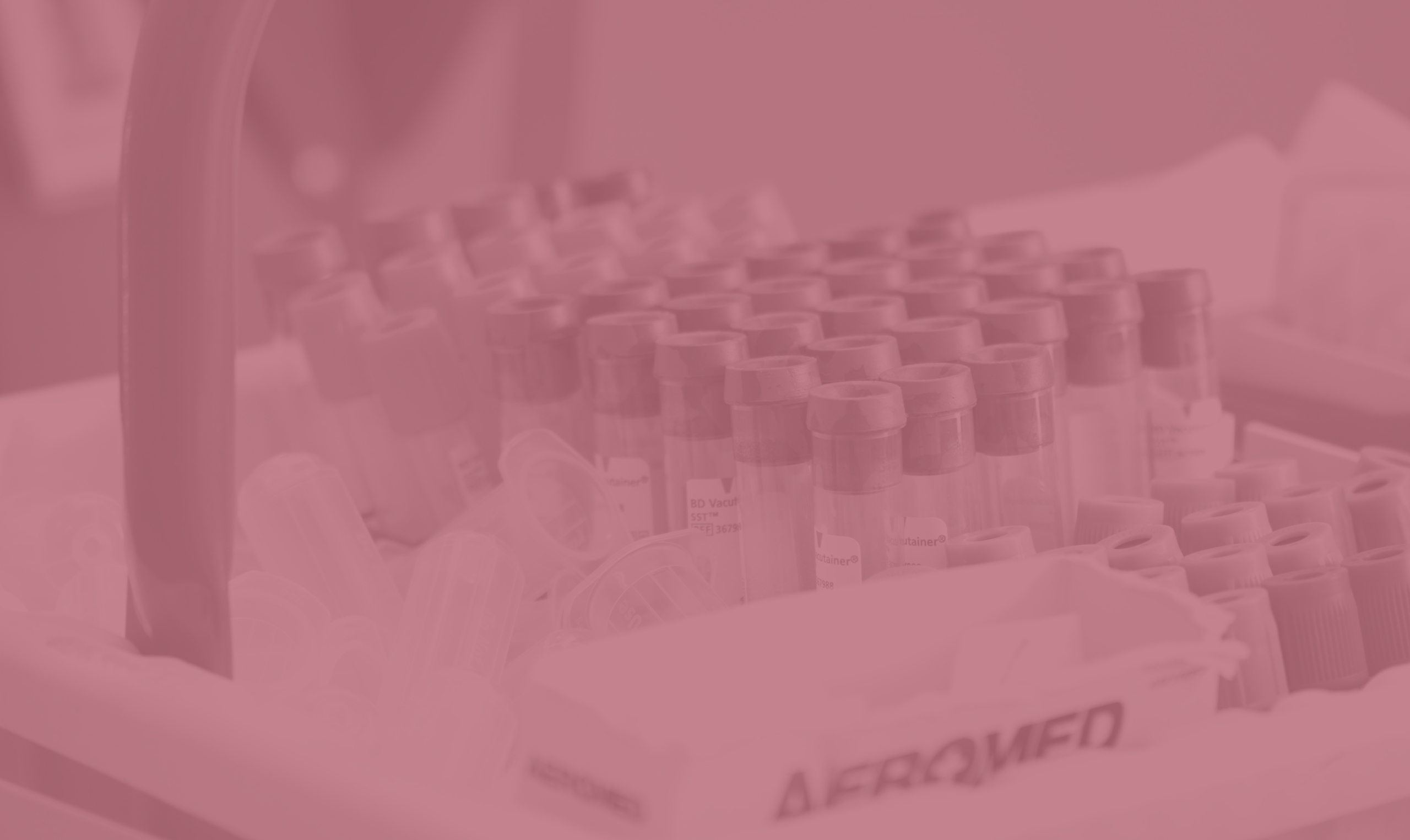Diagnostic care is the process of evaluating and treating an existing health condition, or determining your risk factors for developing one (taking things like family history into account). Diagnostic care can be simple, like getting an x-ray for a broken bone, but it can also be much more complex.
Primary care doctors are the front line professionals when it comes to ordering important tests like a colonoscopy if they have concerns.Your doctor can also request additional lab test results following a routine physical for further evaluation (then schedule a follow-up appointment and possibly order more specific blood work or scans).
Diagnostic tests also include radiology services like x-rays, ultrasounds, MRIs, CTs and PET scans. If you have a chronic condition, such as diabetes, high cholesterol, or high blood pressure, then the periodic medical tests that you receive for these conditions are also considered diagnostic.











